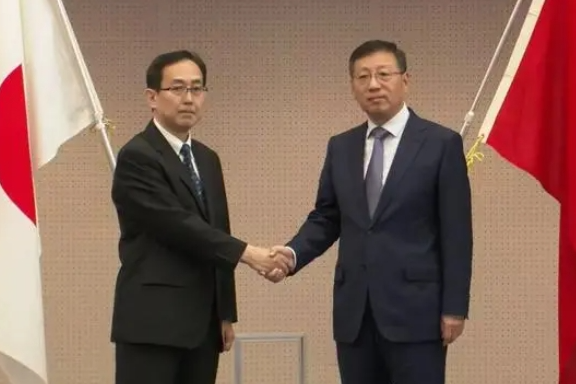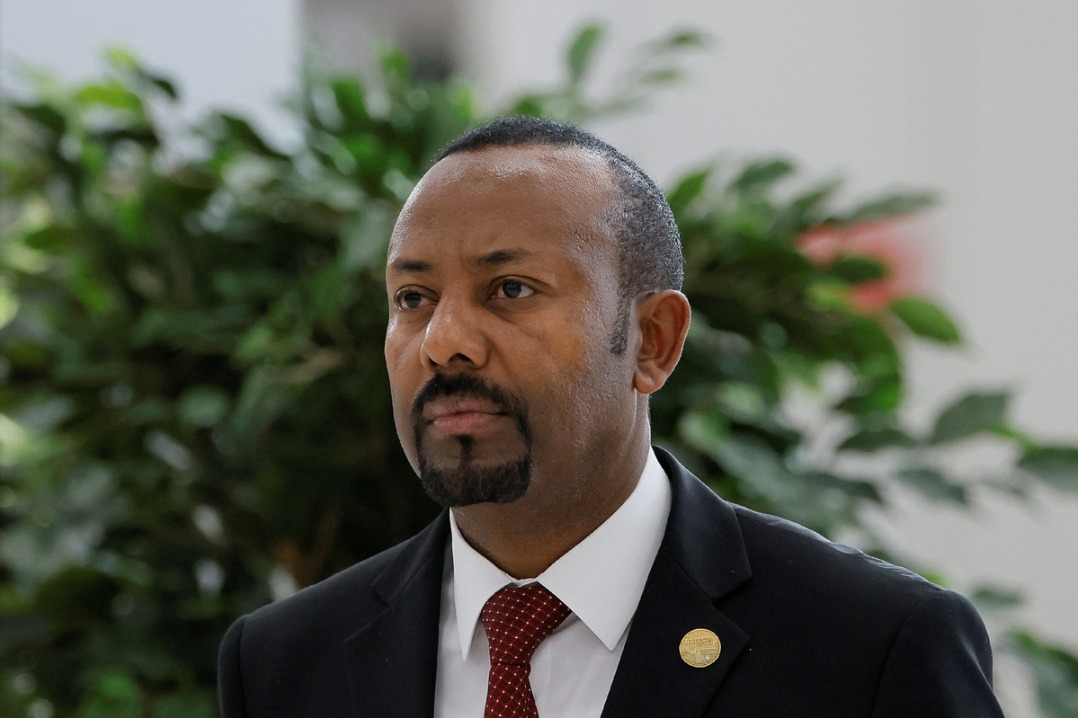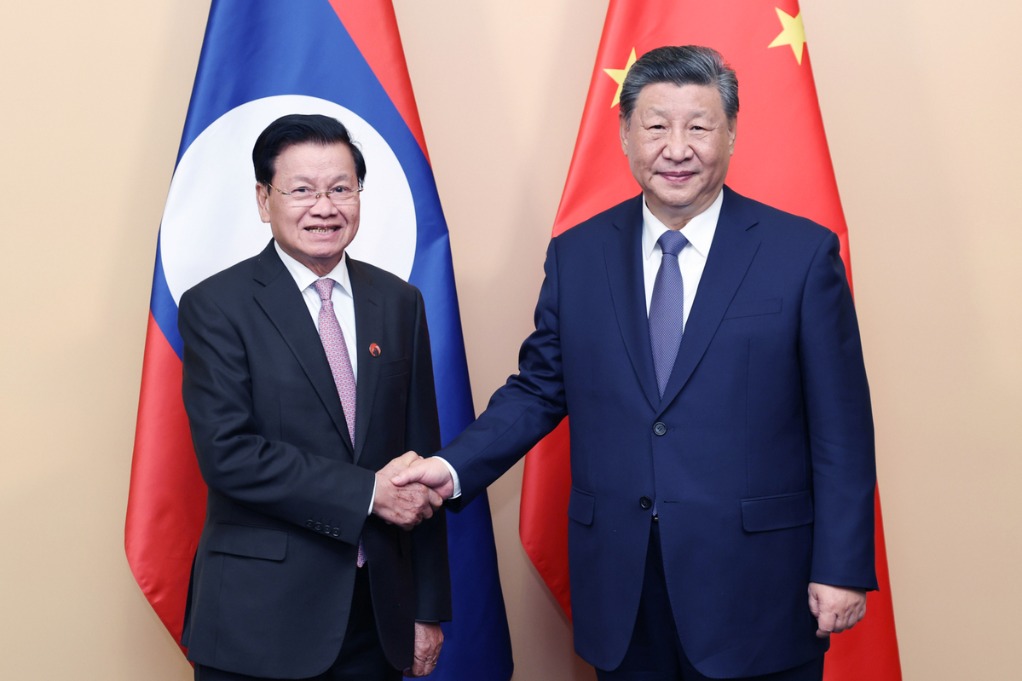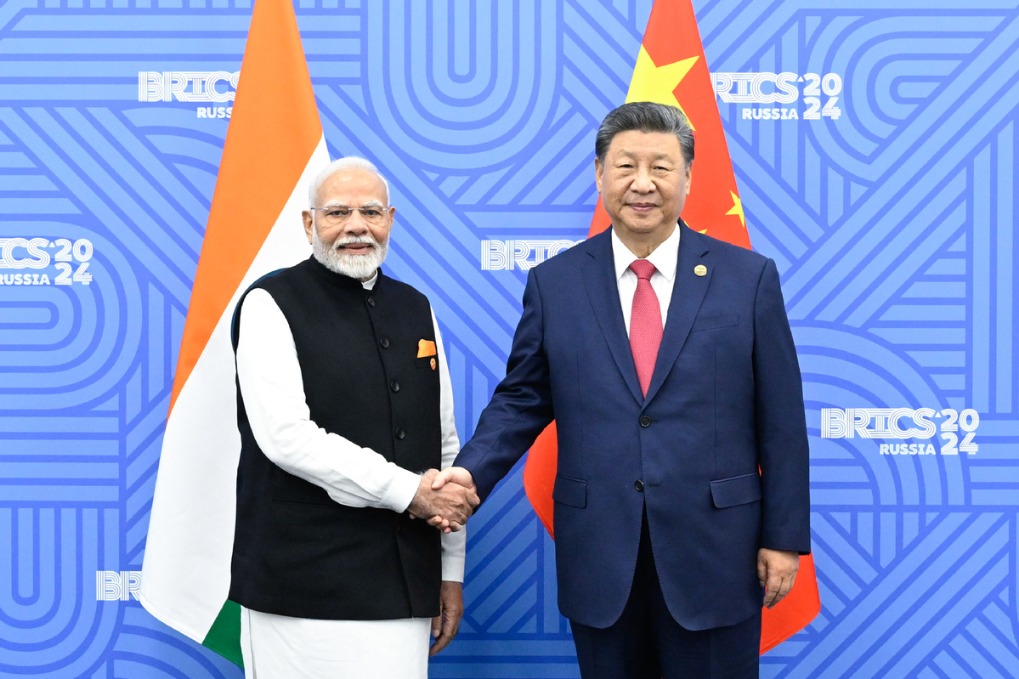Tech summit highlights benefits of cooperation

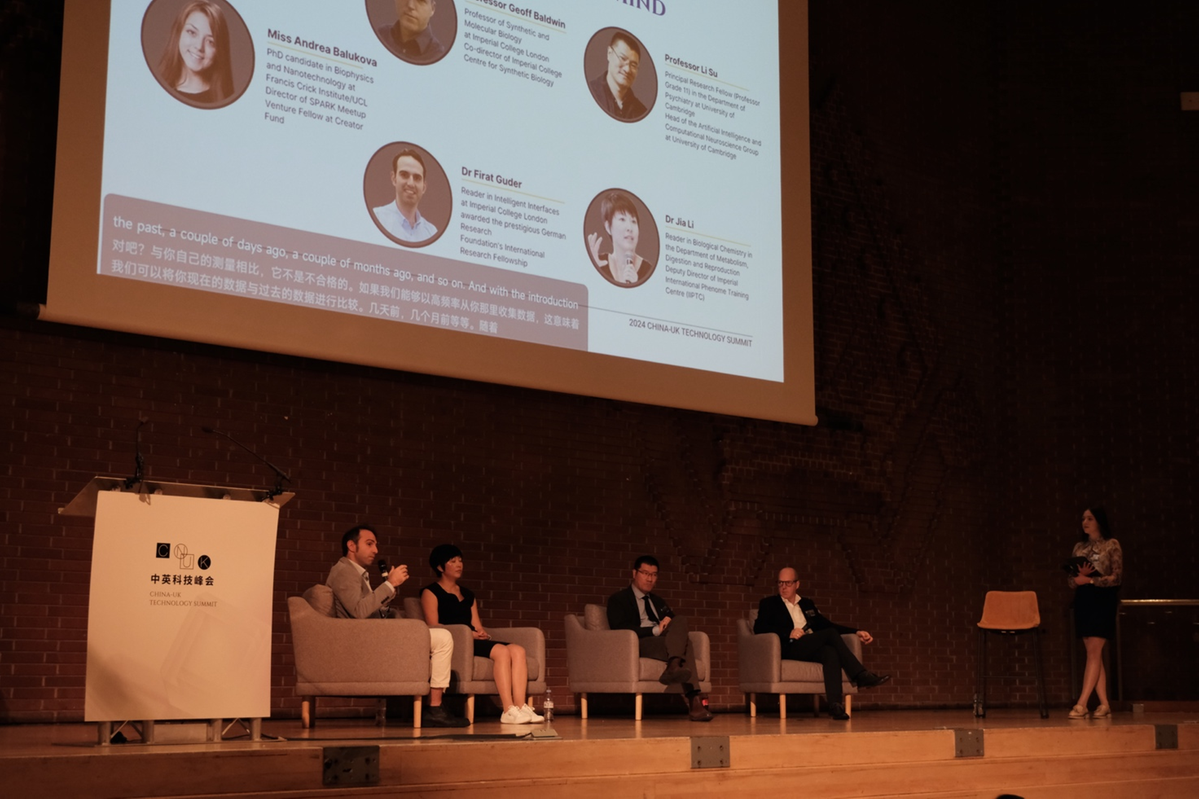
The 2024 China-UK Technology Summit was held in London on Saturday, bringing together political figures, academics, and business leaders from both sides to explore cooperation opportunities and the implications of cutting-edge technologies.
The summit was first initiated in 2015 by the Imperial College London Chinese Students and Scholars Association, and has been held annually since, with this year’s theme being “Co-curate, Co-create, and Co-evolve.”
Ding Mingqin, minister counselor for science and technology affairs of China’s Embassy in the United Kingdom, opened the event by underlining the fruitful outcomes yielded since China and the UK signed an agreement on scientific and technological cooperation in 1978.
He also highlighted the progress China achieved in scientific and technological innovation, noting that the third plenary session of the 20th Central Committee of the Communist Party of China concluded in July, and this year’s national science and technology conference had made decisive moves on reform of institutional mechanisms to support innovation.
As science and technology innovation is vital in addressing shared global challenges and promoting world peace, Ding expressed the hope that countries, especially China and the UK, could deepen mutually beneficial exchanges in the field, given their good basis of cooperation and complementary innovation advantages.
John Cope, Conservative group leader of Elmbridge Borough Council, a local government region just outside London, and former executive director of strategy, policy, and public affairs at UCAS, a UK-based charity providing educational support services, discussed how some emerging technologies, such as artificial intelligence, or AI, space exploration, and human-machine interface, are reshaping daily life.
Cope said he hopes that the summit could set the stage for meaningful discussions, which require the involvement of leading researchers and academics, and also everyone present at the event.
“Each of you is at the forefront of this opportunity,” he said. “The true measure of intelligence is the ability to change. People sitting in this room, each of you, will be driving changes, pushing the boundaries, setting up new companies, and making discoveries that we are currently imagining.”
Bikash Pal, professor of power systems at Imperial College London, noted that the world is facing increasing uncertainties but emphasized that scientists must be prepared to embrace these challenges, as “where there are challenges, there will always be opportunities.”
“It also creates huge opportunities for engineers to work together,” he added, citing examples from China’s electric mobility transition that other countries could learn from. “We can only solve the problems of the world when we think that we are part of one whole.”
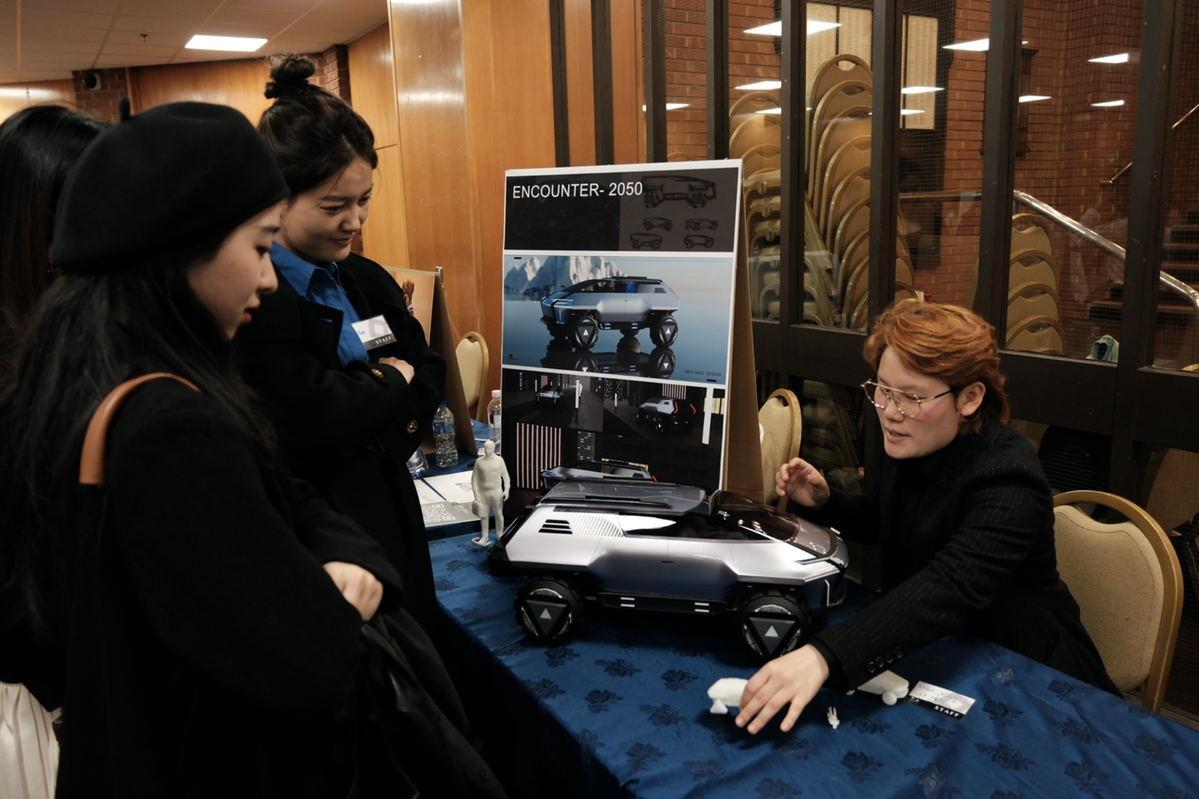
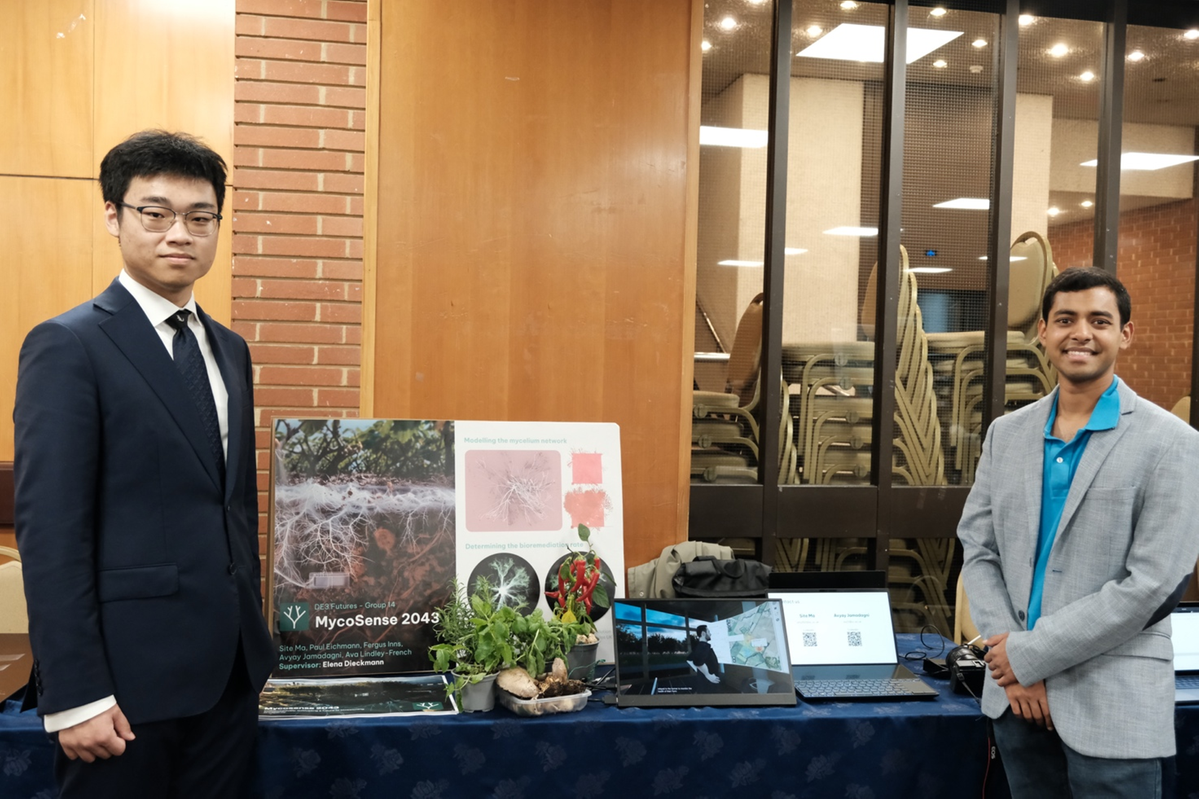
Following the keynote speech, four panel discussions were held, on AI, smart cities, biological science, and entrepreneurship. Several research and business projects, ranging from robotics to biology, were showcased on the sidelines of the summit.
Yuan Xueqi, one of the chairs of the organizing committee and a PhD candidate at Imperial College London, said the event, hosted by a student-led and non-profit organization, has a “clear mission” of promoting academic and technological collaboration between China and the UK.
“By creating a platform where emerging scholars, experienced researchers, and industry experts can meet, we aim to break down academic silos and encourage cross-field dialogue,” she said.
“This exchange is more than just about knowledge-sharing; it’s about building lasting partnerships that could shape the future of global technological development and innovation.
“After the disruption caused by the COVID-19 pandemic, the summit has become even more critical as it rekindles communication and networking, offering a much-needed space for global talent in the UK to share insights and drive future progress.”
















